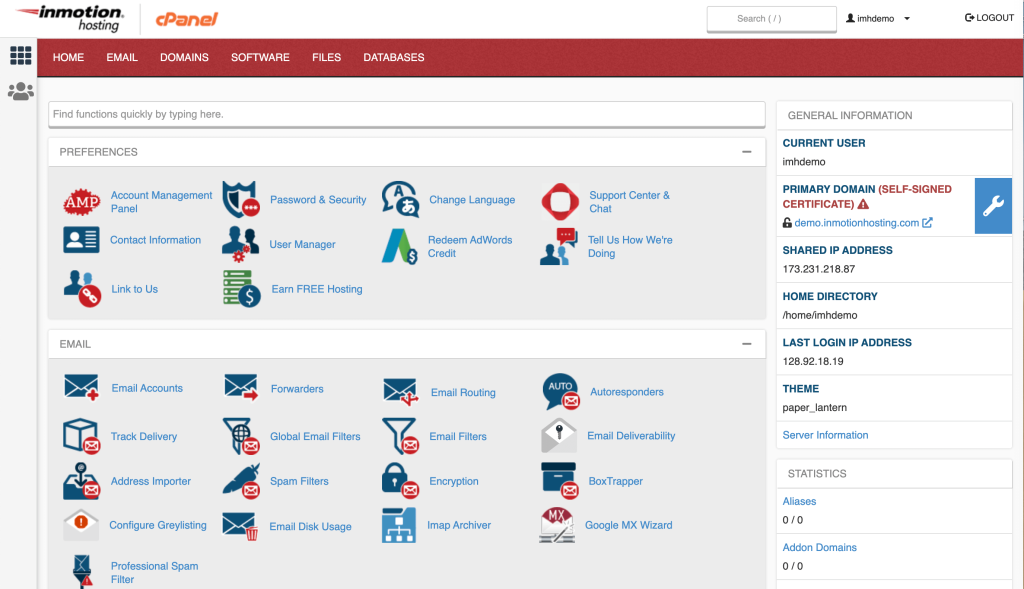Virtual Servers – A Comprehensive Guide
Virtual servers have revolutionized the way businesses and individuals manage their online presence. These versatile solutions provide cost-effective, scalable, and reliable options for hosting websites, applications, and data. In this article, we’ll explore the top 10 best virtual server providers, helping you make an informed decision for your hosting needs.
Top 10 Best Virtual Server Providers
- Amazon Web Services (AWS)
- Microsoft Azure
- Google Cloud Platform
- DigitalOcean
- Linode
- Vultr
- Bluehost
- HostGator
- A2 Hosting
- InMotion Hosting
Introduction
Virtual servers, also known as virtual private servers (VPS), have transformed the web hosting landscape. These solutions allow users to have dedicated resources within a shared hosting environment. This article explores the top 10 virtual server providers that offer exceptional services to cater to various needs.
Understanding Virtual Servers
A virtual server is a virtualized instance of a physical server, created using virtualization technology. It operates independently and has its own dedicated resources, including CPU, RAM, and storage. This isolation ensures that the performance of one virtual server is not affected by the activities of other virtual servers on the same physical machine.
Benefits of Virtual Servers
Virtual servers offer numerous advantages:
- Scalability: Easily upgrade or downgrade resources as your needs evolve.
- Cost-Efficiency: Get dedicated resources without the cost of a dedicated server.
- Customization: Install software and configure settings as per your requirements.
- Isolation: Your server’s performance isn’t impacted by neighboring servers.
- Root Access: Enjoy administrative control over your virtual server.
- Reliability: Redundant infrastructure minimizes downtime.
Factors to Consider Before Choosing a Virtual Server Provider
Before selecting a provider, consider factors such as:
Resource Allocation: Ensure the provider offers sufficient resources for your needs.
Performance: Check the provider’s hardware and data center facilities.
Customer Support: 24/7 support ensures assistance when you need it.
Scalability Options: Can you easily adjust resources as your demands change?
Security Measures: Look for firewalls, data encryption, and regular backups.
Top 10 Best Virtual Server Providers
1. Amazon Web Services (AWS)
Amazon Web Services, Inc. is a subsidiary of Amazon that provides on-demand cloud computing platforms and APIs to individuals, companies, and governments, on a metered, pay-as-you-go basis. Oftentimes, clients will use this in combination with autoscaling. AWS offers a wide range of virtual server configurations with pay-as-you-go pricing. Its global infrastructure ensures reliability and scalability.

2. Microsoft Azure
The Azure cloud platform is more than 200 products and cloud services designed to help you bring new solutions to life—to solve today’s challenges and create the future. Build, run, and manage applications across multiple clouds, on-premises, and at the edge, with the tools and frameworks of your choice. Azure provides a vast array of services, including virtual servers, integrated with other Microsoft products.

3. Google Cloud Platform
Known for its performance, Google Cloud Platform offers high-speed virtual servers and advanced networking capabilities. Google Cloud Platform, offered by Google, is a suite of cloud computing services that runs on the same infrastructure that Google uses internally for its end-user products, such as Google Search, Gmail, Google Drive, and YouTube.

4. DigitalOcean
DigitalOcean is popular among developers for its user-friendly interface and cost-effective plans. DigitalOcean Holdings, Inc. is an American multinational technology company and cloud service provider. The company is headquartered in New York City, New York, USA, with 15 globally distributed data centers worldwide.

5. Linode
With Linode, your team can more efficiently build web, mobile, database, and machine learning applications with our simple Cloud Manager or API and CLI. Linode focuses on simplicity and efficiency, offering a variety of plans to suit different users.

6. Vultr
Vultr aims to simplify the world of cloud computing and launching a cloud server environment in more than 20 global locations around the globe. Vultr helps developers deploy cloud servers, bare metal, and storage worldwide. Vultr stands out for its SSD-powered virtual servers and global data center presence.

7. Bluehost
Bluehost’s virtual servers are backed by its renowned customer support and reliability. Bluehost is a hosting provider for site owners using the self-hosted version of WordPress (WordPress.org) or another open-source platform. It offers various hosting plans, including shared, VPS, and dedicated hosting to accommodate a variety of budgets.

8. HostGator
HostGator’s virtual private servers come with full root access and are backed by a 45-day money-back guarantee. HostGator is a web hosting company that offers various hosting solutions, including virtual private servers (VPS). A virtual private server is a type of hosting where a physical server is divided into multiple virtual servers, each operating independently with its own resources and capabilities.

9. A2 Hosting
A2 Hosting offers turbocharged virtual servers with a focus on speed and performance. A2 Hosting is a Linux-based web hosting provider offering standard shared hosting plans, shared and managed WordPress hosting, virtual private server (VPS) hosting, reseller hosting and dedicated hosting. It offers a 99.9% uptime guarantee as well as 24/7/365 live support for all users.

10. InMotion Hosting
InMotion Hosting is a leading provider of software and web hosting services that cater to the needs of individuals and businesses alike. The company offers over 400 applications that can be installed with just one click, while its servers are capable of supporting hundreds of additional applications. InMotion Hosting provides managed VPS solutions with a strong emphasis on customer support.

How to Choose the Right Virtual Server Provider
Selecting the right provider involves assessing your needs, budget, and long-term goals. Consider factors like server location, available resources, and customer reviews.
Setting Up Your Virtual Server
After choosing a provider, setting up your virtual server involves selecting an operating system, configuring settings, and installing necessary software.
- Best Practices for Managing Virtual Servers.
- Regularly update software and security patches.
- Implement monitoring to detect and address performance issues.
- Keep backups of your data and configurations.
- Optimize your server’s resource allocation for efficient performance.
Future Trends in Virtual Server Technology
The virtual server landscape continues to evolve. Expect advancements in automation, containerization, and even more efficient resource utilization.
Conclusion
Virtual servers have redefined web hosting by offering affordable and flexible solutions for various needs. By choosing a reputable provider and following best practices, you can harness the power of virtualization to enhance your online presence.
